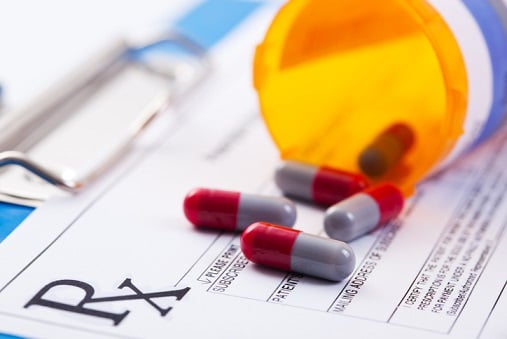The rebates that drug firms pay to middlemen have no relationship with upward price movements

South of the border, drug companies have faced criticism for continued increases in prices of prescription medication. Rebates — payments made by drug manufacturers to pharmacy benefit managers and passed on to insurers — have been named as one factor contributing to the upward trend.
But the Pharmaceutical Care Management Association in the US casts doubt on that explanation in a new study titled Reconsidering Drug Prices, Rebates, and PBMs. “[D]rugmakers set and raise prices unrelated to the rebates they negotiate with PBMs,” said PCMA President and CEO Mark Merritt.
The report focused on top-selling brand-name drugs covered in Medicare Part D, an area of the US federal medicare system that covers self-administered prescription drugs through prescription drug insurance premiums. It also analysed a number of Medicare Part B drugs, which covers professionally administered prescription drugs.
Among the top-selling brands in Medicare Part D, the study found no correlation between growing prices set by drugmakers from 2012 to 2017 and the change in rebate levels they negotiate with PBMs; rebates might go up or down, but manufacturer prices only went up. As for the Medicare Part B drugs, for which PBM tools were not used, the study found a large number of prescription brands that had “extraordinary” price increases.
“Simply eliminating plans' ability to negotiate price concessions would enrich drugmakers at the expense of patients, who'd not only face higher prices but higher premiums and out-of-pocket costs too,” Merritt said, referring to moves being considered by the US government to modify price concessions for prescription drugs in Medicare and federal programs.
The PCMA also cited a recent study it commissioned that was conducted by Oliver Wyman Consulting. It found that rebates reduced costs in Medicare Part D by US$34.9 billion, and eliminating them would have caused Part D premiums to rise by 52% in 2018.
Other new data from the Centers for Medicare & Medicaid Services (CMS) also reflected negative trends in 2019 Part D premiums, total costs, and national average plan bids for the first year since 2007; CMS attributed drug manufacturer and pharmacy price concessions as a factor in driving the lower costs.



